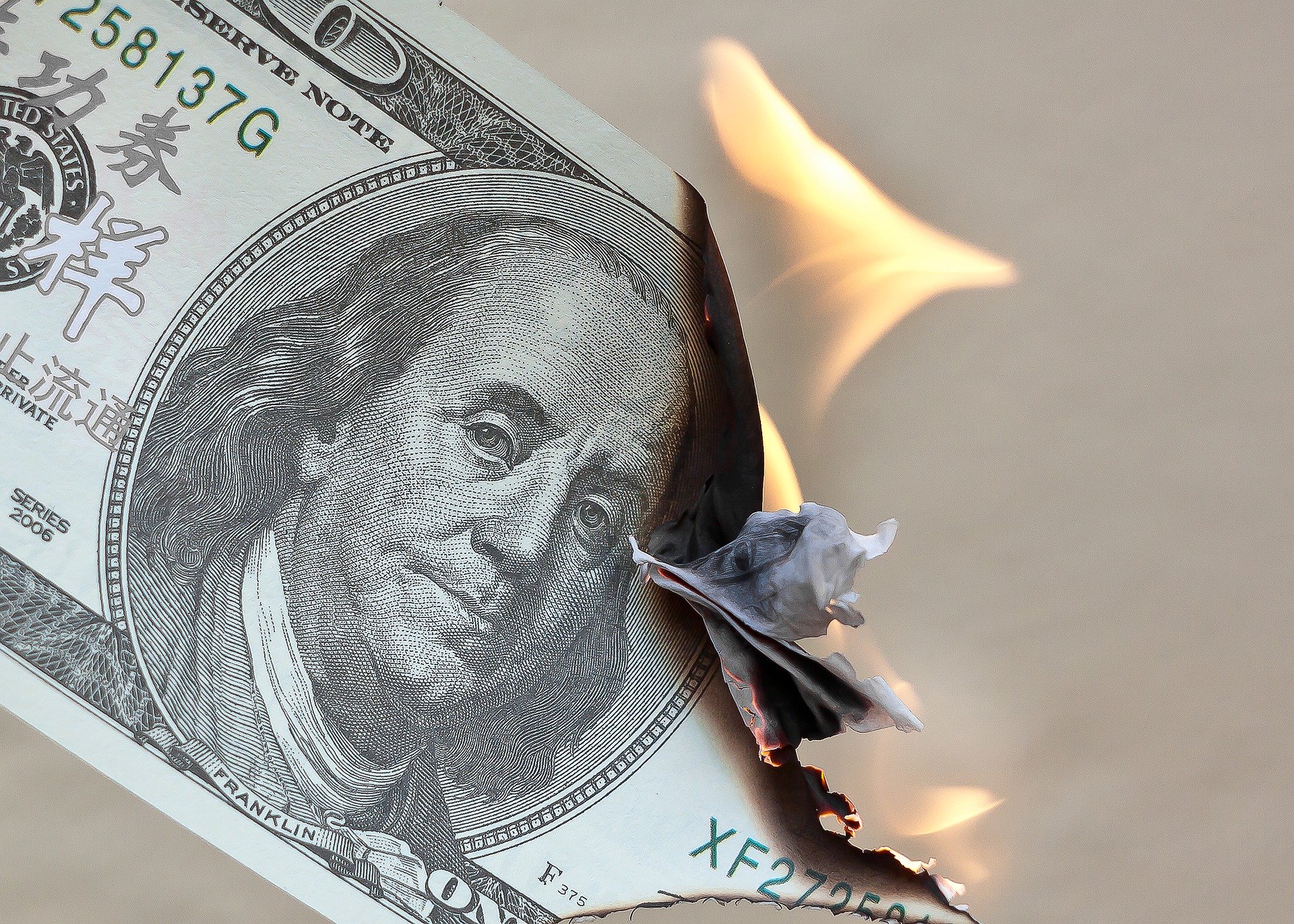
16 Oct I didn’t take my RMD. What should I do now?
Photo: pixabay.comQ. I retired in June of this year. I’m not sure what I want to do with my 401(k). I am 74 and I just learned of the Required Minimum Distribution (RMD) rule. I immediately removed money from my IRA account for 2016 through 2019 and paid 10% tax to the IRS. I also did a 5329 for each year and sent a letter of explanation to the IRS. Should I also have been drawing money out yearly from my 401(k)?
— Needing help
A. This is a tough one to hear.
Let’s start with the 401(k).
When you were working, you did not need to take a distribution, said Jerry Lynch, a certified financial planner with JFL Total Wealth Management in Boonton.
“If you were not working, this can be tricky and is a big tax trap with IRAs,” Lynch said. “If you missed the RMD, there is a 50% penalty, plus state and local income taxes — which can easily be 28% or more, plus interest.”
“In some cases, the interest, penalties, and taxes can be up to 100%,” he said.
If you are not working, Lynch recommends you move the funds to an IRA that will calculate the RMDs for you automatically.
“Generally, 401(k)s are a manual process,” he said.
And given that you could be talking about a lot of money, you should speak to a tax advisor.
Email your questions to .
This story was originally published on Oct. 16, 2020.
NJMoneyHelp.com presents certain general financial planning principles and advice, but should never be viewed as a substitute for obtaining advice from a personal professional advisor who understands your unique individual circumstances.

